TEHRAN(Bazaar) – William O. Beeman, Professor Emeritus of University of Minnesota, says JCPOA is a potential political bomb, and starting negotiations on JCPOA can only be a responsibility for Biden.
Following is the text of the interview with professor William O. Beeman.
Bazaar: Rafael Grossi, Director General of the International Atomic Energy Agency, says that access to the necessary data for the verification of Iran's activities requires Tehran to return to its obligations under the JCPOA. Accordingly, the IAEA seeks to force Tehran to fully comply with the JCPOA without the lifting of sanctions imposed by Trump. What is your assessment?
Beeman: This is the stalemate Iran and the United States have come to. Iran won't reduce uranium enrichment unless sanctions are lifted. The United States won't lift sanctions unless Iran returns to JCPOA enrichment levels. Iran doesn't trust the United States to do anything, and the United States doesn't trust Iran to do anything. So everyone sits and stares at each other.
There are only a few ways out of this stalemate.
1. A mediated solution with a neutral third party. Qatar and Oman have both offered, but their international profile is quite minor, and Oman has just installed a new ruler.
2. A kind of "escrow" where some third party triggers the response of the two parties. Escrow in real estate is a process where a third party holds the funds in a real estate transaction, and also the transfer of deed. Once the deed and the money have been received and certified by the third party, that party conveys the money to the seller and the deed to the buyer.
3. Baby steps. The United States lifts one tiny sanction and Iran reduces enrichment by a tiny increment with the inspection of the IAEA.
These are just ideas, and the problem is enormously complex because of the tangle of sanctions--there are dozens and dozens of them imposed at different times--and the complexity of Iran's nuclear power industry.
Bazaar: While IAEA is pressuring Iran to comply fully with the JCPOA that the reduction of Iran's obligations under the JCPOA is not a violation of the IAEA NPT and safeguards and is related just to the JCPOA which the United States has violated and Europe has not complied with. The agency seems to have played a political role. Because Iran has fulfilled its obligations under the NPT. What is your opinion?
Beeman: The IAEA has no power to pressure anyone to do anything. They are an inspection agency, not an enforcement agency. They assure compliance with the Nuclear Non-Proliferation Treaty (NPT), and were charged with inspections under the protocols of the JCPOA, which is itself an "extension" of the NPT agreed to assure Iran's compliance with the provisions of the NPT. The IAEA and its officers have no power to make demands, to negotiate or to do anything other than to carry out their inspections and report when any country is cooperating or not cooperating with the inspections, and whether the country is in compliance with the Nuclear Non-Proliferation Treaty. To the extent that Director General Grossi says anything about what Iran should or should not do, it is merely his opinion. Mr. Gossi's remarks can only have political effect when some party in the JCPOA takes them seriously and politicizes them. Former Directors General of the IAEA have been very careful to maintain their neutral political role. They gave their opinions, but those opinions had no power to compel anyone to do anything.
Bazaar: The Supreme Leader of Iran has stated in his recent speech that there is no rush to return to the JCPOA. It seems that Iran is looking to not easily lose the result of 3 years of resistance. The Biden government, on the other hand, is in no hurry. How do you assess the current trend?
Beeman: This assessment is correct. Neither side feels compelled to move quickly on restoring the JCPOA. President Biden has a huge set of political tasks that he is confronting. The JCPOA is a potential political bombshell. Starting negotiations over the JCPOA can only be a liability for Biden. Iran has an election this Spring. Negotiations over the JCPOA will have a similar negative effect on Iranian politics. If Iran is not willing to come forward and make concessions, the Biden administration is perfectly happy to wait.
Bazaar: Considering the current developments regarding the JCPOA, it seems that the talks will not take place sooner than the Iranian presidential elections. Biden seemed keen to start talks sooner rather than later, but his positions and those of his foreign policy team have changed. If you think there has been a change, what are the reasons?
Beeman: As I stated above, President Biden is extremely busy, and his presidency is dependent on maintaining bipartisan support for his legislative actions. Negotiating with Iran will be seized upon by Republicans to attack Biden. He really cannot afford to do this unless he can show that the United States has scored a "win." I am pretty sure that behind-the-scenes negotiations are taking place, but they cannot be made public. But note, Biden's rhetoric on Iran has been seriously toned down compared to Trump and Pompeo's rhetoric. We haven't seen condemnations of Iran or additional sanctions. That shows that Biden and his team are trying to smooth the way for an eventual solution to this dilemma, but it will not happen immediately--and certainly not even begun until the Iranian Presidential election is complete. Only then will Biden know with whom he is going to deal with.






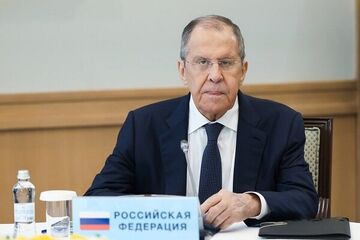
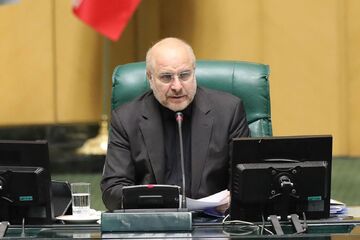


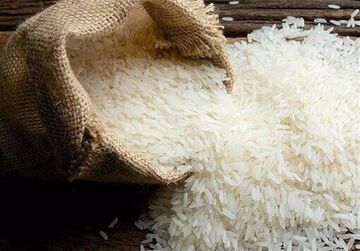

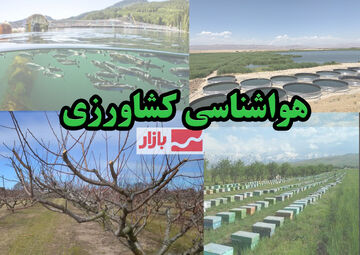


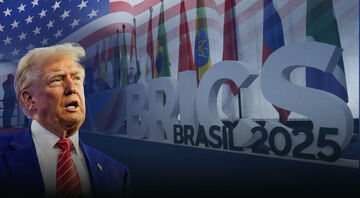
نظر شما